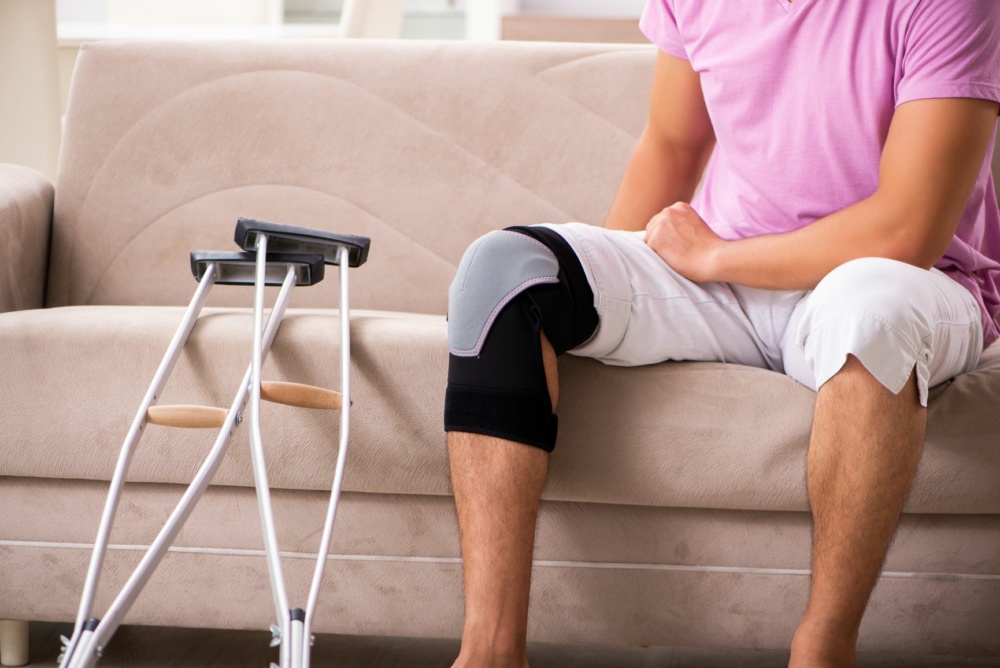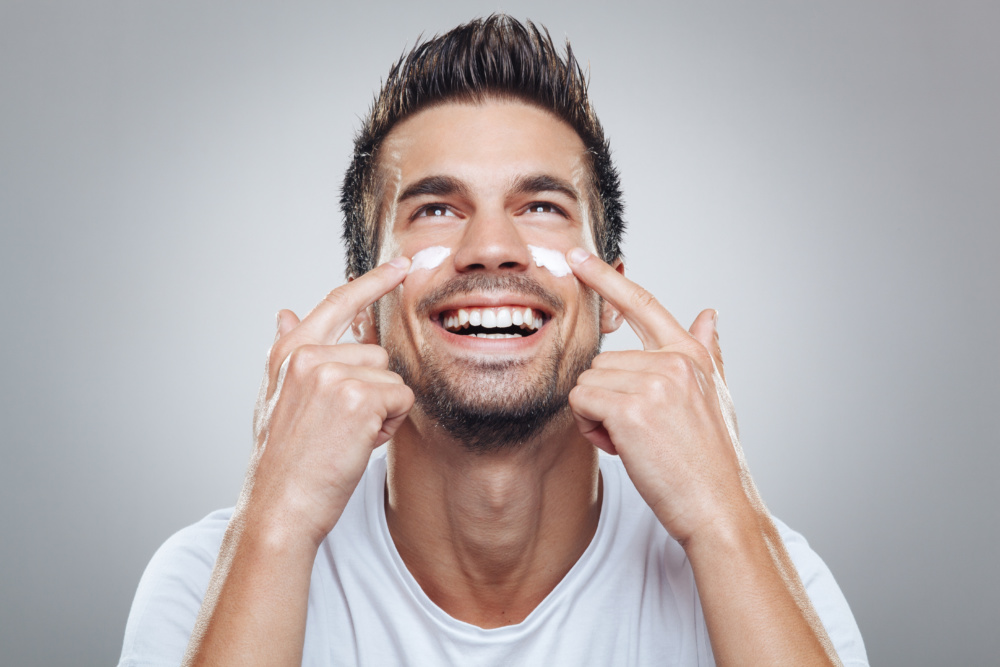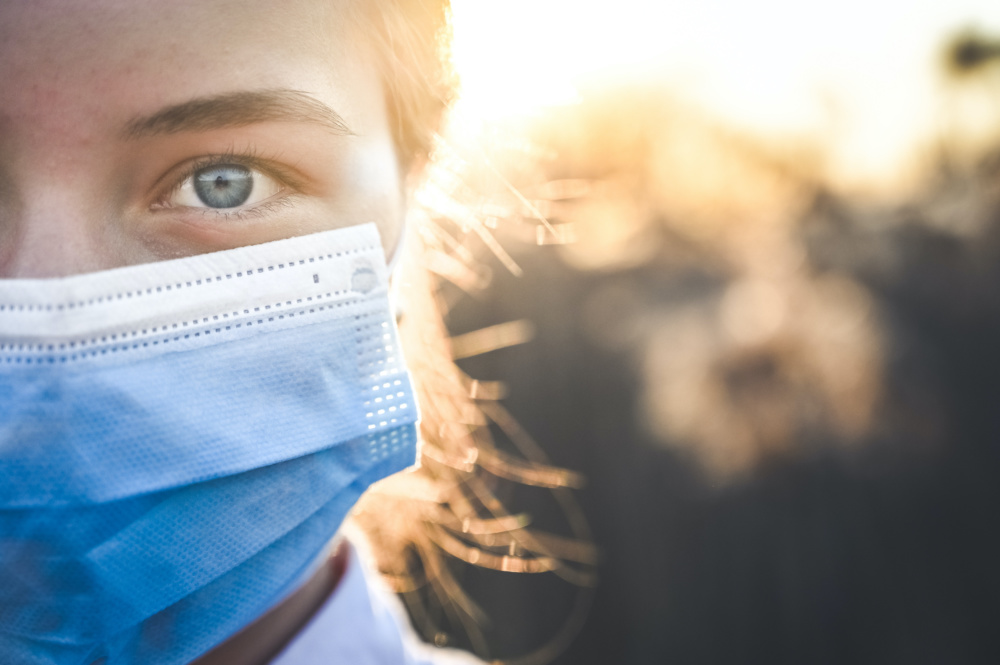By Dr. Ellen Lin of Advanced Spine and Pain Center
The coronavirus is real. It can kill. And it is galloping across the country and around the world at breakneck speed.
It is a threat to all of us. And yet I am concerned some of us are not taking the pandemic seriously. We have seen video of folks frolicking on beaches in Florida, Georgia and elsewhere. We hear people who claim COVID-19 is no more dangerous than the seasonal flu or a bad cold. And we hear some in positions of power who suggest the pandemic is really a political ploy of some sort.
I fear for my patients. I fear for our fellow citizens. All of my training pushes me to want to battle this virus with every ounce of my intellect, energy and strength. But I recently closed my office to patients to protect them and my staff. Telemedicine is the tool I’m using now to talk with my patients. To “see” them as best I can. To help them, by keeping them at a distance. Telemedicine is the ultimate in social distancing.
I shut my office because some of my patients went to Spain, Colorado, Seattle, California and elsewhere over Spring Break. And now that they are back in San Antonio, they could be carriers.
There is a lot more to learn about the coronavirus, but we do know people infected with it can be asymptomatic — showing no signs of illness. We believe the incubation period is 14 days.
During that time, people can be carriers who transmit the virus to others. We also know the virus can remain viable on many different types of surfaces. And we know it can be spread through droplets when carriers sneeze or cough.
Physicians learn early on that hand-washing is critical to protecting us from infectious diseases. When I am seeing patients, I wash my hands before and after each visit. Research confirms soap and water is the most effective way to destroy a virus that may be on our hands.
The Centers for Disease Control and Prevention and state and local health departments are urging everyone to wash their hands. And to do so often. But unlike citizens in some other countries — such as Thailand and Singapore — hand-washing is not top of mind for too many Americans. That has to change. But will people listen and follow through?
I am a physician. And I am afraid. I am afraid many of us will die from COVID-19. A colleague of mine who works in a hospital in another city told me nearly 50 percent of their patients diagnosed with coronavirus are dying. That’s a huge number.
I am especially afraid for my patients who are chronic pain sufferers. Their pain is one of the reasons I am a founding board member of the Global Pain Association. Like the elderly and those with immune deficiencies, chronic pain sufferers are at great risk for COVID-19. Why? Because chronic pain patients can have lower cortisol levels and autoimmune deficiencies.
At my clinic, the Advanced Spine and Pain Center, I caution my patients to be very careful because many are immunosuppressed, which puts them at great risk for many diseases, including COVID-19.
Despite my fears, I am an optimist. I believe the world will go back to normal in a few months — after COVID-19 runs its course. Although it is hard to predict what normal will look like.
Meanwhile, I urge my patients and others to go back to the basics. Learn to practice mindfulness to reduce stress. Recognize it’s time to care for yourself, your family and the people around you.
One positive that may come out of all this, Americans, at long last, may regularly wash their hands.
Ellen Lin, M.D. is a graduate of UT Health San Antonio. She is board-certified in physical medicine and rehabilitation, with subspecialty certification in pain medicine.





Recent Comments